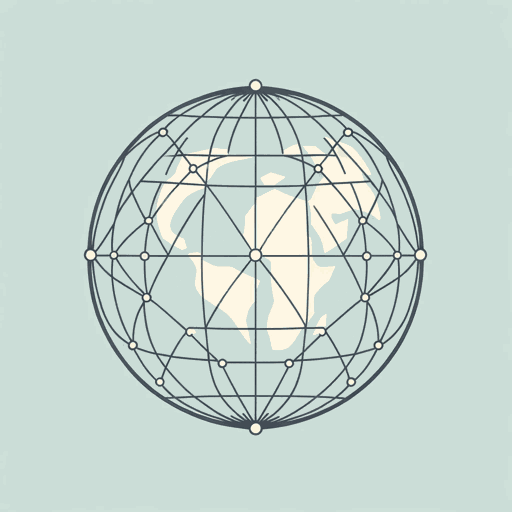58 pages • 1 hour read
Thomas L. FriedmanThe Lexus and the Olive Tree
Nonfiction | Book | Adult | Published in 1997A modern alternative to SparkNotes and CliffsNotes, SuperSummary offers high-quality Study Guides with detailed chapter summaries and analysis of major themes, characters, and more.
Important Quotes
“That’s why I define globalization this way: it is the inexorable integration of markets, nation-states and technologies to a degree never witnessed before–in a way that is enabling individuals, corporations and nation-states to reach around the world farther, faster, deeper and cheaper than ever before, and in a way that is enabling the world to reach into individuals, corporations and nation-states farther, faster, deeper, cheaper than ever before.”
(Chapter 1, Page 8)
Friedman provides his definition of globalization early in the book. Because every person who studies globalization has their own definition of the term, Friedman’s definition allows the reader to see what he considers the most important aspects of globalization, as well as what sets it apart from the Cold War system. To Friedman, globalization is technology-driven, because it arose from breakthroughs in telecommunications technologies in the 1980s. Globalization is also important for what it enables: speed and reach. Finally, while nation-states defined the Cold War system, the globalization system is defined by the interaction between nation-states, companies, and individuals.
“Who controls the guns in a society is always critical. But who controls the phones and how they work also matters.”
(Chapter 2, Page 22)
Here, Friedman emphasizes a crucial distinction between the globalization system and the Cold War system it replaced. Whereas military might and the struggle between the superpowers defined the Cold War, globalization is defined by global networks, particularly telecommunications networks such as the Internet. At the same time, Friedman is careful to remind the reader that globalization does not mean the end of geopolitics, because military will always play a role, and countries can always choose war.
Related Titles
By Thomas L. Friedman

From Beirut to Jerusalem
Thomas L. Friedman

Hot, Flat, and Crowded: Why We Need a Green Revolution
Thomas L. Friedman

Thank You For Being Late
Thomas L. Friedman

That Used to Be Us
Thomas L. Friedman, Michael Mandelbaum

The World Is Flat: A Brief History of the Twenty-First Century
Thomas L. Friedman

